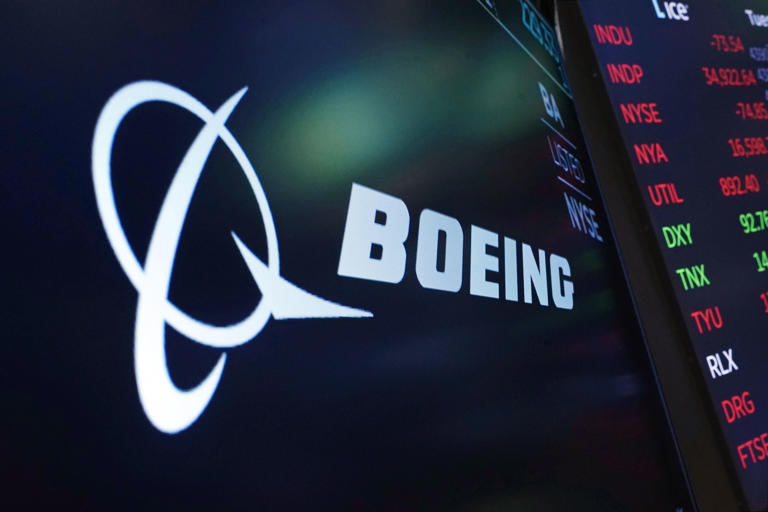Boeing firefighters have successfully ratified a new contract that brings significant pay increases, paving the way for their return to work this weekend after enduring a lockout that lasted more than three weeks. The firefighters’ union, Local I-66 of the International Association of Fire Fighters, announced the ratification on Thursday.
Background of the Lockout
The lockout affected around 125 fire and emergency-service workers in the Seattle area. These employees were locked out by Boeing when their previous contract expired on May 4. Boeing’s decision to lock out the workers came after negotiations over a new contract reached an impasse, prompting the union to take action. The lockout disrupted the critical emergency services provided by these firefighters, who are essential for safety during plane fueling, flights, and in responding to fires and medical emergencies at Boeing’s facilities.
Ratification of the New Contract
The vote to ratify the tentative agreement saw a decisive outcome, with 86 members voting in favor and 24 against, reflecting strong support among the union members for the new terms. The union’s president, Casey Yeager, expressed satisfaction with the outcome, declaring, “This is a win for us.” The agreement represents a significant achievement for the firefighters, who had been advocating for better pay and working conditions.
Key Terms of the Agreement
The new contract includes several notable improvements:
- Overtime Pay: The agreement guarantees four hours of overtime pay for each 24-hour shift worked. This provision is expected to boost the average annual pay of firefighters by about $21,000, providing substantial financial benefits to the workers.
- Annual Raises: The contract includes annual salary increases ranging from 2% to 3% through the year 2027. These incremental raises ensure that the firefighters’ wages will keep pace with inflation and cost-of-living increases, providing long-term financial stability.
- Accelerated Pay Scale: One of the key victories for the union was the acceleration of the pay scale. Under the new agreement, firefighters will reach the top pay tier in 10 years, significantly faster than the current 14 years or the 19 years that Boeing initially proposed. This acceleration means that firefighters will achieve higher earnings earlier in their careers.
National Attention and Presidential Involvement
The lockout and the negotiations attracted national attention, highlighting the critical role of these workers and the importance of fair labor practices. President Joe Biden intervened early in the lockout, using his platform on X (formerly known as Twitter) to urge both sides to reach an agreement. He emphasized the need for a deal that would benefit Boeing while ensuring that the firefighters received the pay and benefits they deserved. This high-profile endorsement underscored the broader significance of the negotiations and added pressure on both parties to reach a resolution.
Boeing’s Role and Future Outlook
Boeing, headquartered in Arlington, Virginia, has not yet commented on the ratification of the contract. However, the agreement is expected to restore normal operations and ensure that the company’s facilities are adequately protected by the firefighters’ essential services. The firefighters’ return to work will be crucial for maintaining safety during the fueling and flying of planes and for responding to any fires or medical emergencies that may arise.
Conclusion
The successful ratification of the new contract marks the end of a challenging period for Boeing’s firefighters. The significant pay increases, guaranteed overtime, and accelerated pay scale represent major victories for the union and its members. As the firefighters prepare to resume their duties this weekend, they do so with improved terms that acknowledge the vital role they play in ensuring the safety and security of Boeing’s operations. This resolution not only benefits the firefighters but also reinforces the importance of fair labor practices and effective negotiation in resolving industrial disputes.
